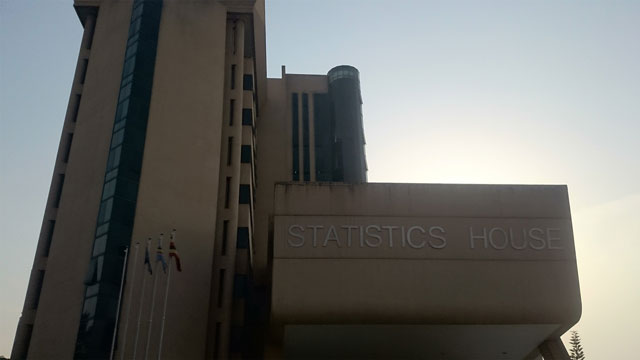
Kampala, Uganda | THE INDEPENDENT | The Uganda Bureau of Statistics will now calculate the Consumer Price Index, CPI, (inflation) based on the year 2016/2017 from the previous calculations that were based on the year 2009/2010.
This following a rebasing exercise for the price indices to make sure the statistics provided are as up-to-date as possible or closer to the period for which prices changes or inflation is being calculated.
The CPI is designed to measure the change in prices overtime for a fixed basket of goods and services that are commonly consumed by a household within as area or economic territory.
That period of time is the base year, and when it is chosen, a collection of goods and services on which the calculation of price movement is made, is also selected. The items in the collection are then arranged in their relative importance or contribution to the average price changes. This relative importance is referred to as the weight of the item. Moving from basing the price changes on one year, to a more recent year is referred to as re-basing.
The aim of re-basing is mainly to ensure that new items in the economy, which could have become more important that before, are included and their weight put into consideration.
Rebasing is usually done every five years. UBOS The Executive Director, Chris Ndatira Mukiza, says this is aimed at producing statistics which are as accurate as possible to aid development planning.
“The Third National Development Plan recognizes statistics as a “public good” and calls for collection, management, analysis and dissemination of integrated, relevant, reliable and timely statistical data and information for development planning,” he says.
He adds that rebasing to ensure more accurate statistics is even more important since Uganda adopted the programme Based Budgeting approach which focus on results.
“And it is only statistics that can tell the results attained by the different programmes as highlighted in the NDP III.”
In 2019, the government rebased the size of the economy or GDP on the 2016/2017 as base year, and the new figures shows that the economy had expanded by 20% to $34 billion.
He however noted that as the need for accurate and more statistics grows, will need more resources from government and other support organisations.
Juliet Nakayenga, Senior statistician prices at UBOS says the aim of the rebasing was specifically to Incorporate the best practices recommended for the compilation of the CPI particularly the classification of products, so as determine Changes in Household consumption patterns.
The exercise also aimed at incorporating changes in innovations and technological, changes in the developments in Methods of compiling CPI, and taking into account the recommendations by international organisations like the IMF, COMESA and EAC.
The sources of the weights for the consumer price index included the Uganda National Housing Survey of 2016, the 2017 Tourism Expenditure and Motivation Survey, the 2016/17 Balance of Payments, informal cross-border trade surveys as well as education surveys, among others.
Rebasing saw new items of goods and services included in the basket, including personal care, social protection and miscellaneous. Some items gained weight over others.
The largest contributor to the index remains food and non-alcoholic beverages, which account for 27.1% of household expenditure, though it slightly dropped from 28.5%.
It is followed by housing, water, electricity, gas and other fuels which also fell in weight slightly, followed by Transport.
Transport now accounts for 10.5% down from 13.8.%. It also led to reallocation of some districts to different regions, especially as some new districts came into place since the 2009/2010 base year.
According to UBOS released Monday, the rebased inflation for the year ended March 2021, was 2.7% up from 2.3% recorded for the 12 months ending February 2021.
These figures are lower that the figures recorded before the rebasing.
On 31st March, UBOS released the its CPI showing that that heading inflation had risen by 4.1% for the year ended March, up from 3.8% for the year ended February 2021.
The rise in inflation was due to the increase prices of foods, mainly vegetables, as well as services and fuel, among others.
*******
URN
 The Independent Uganda: You get the Truth we Pay the Price
The Independent Uganda: You get the Truth we Pay the Price





